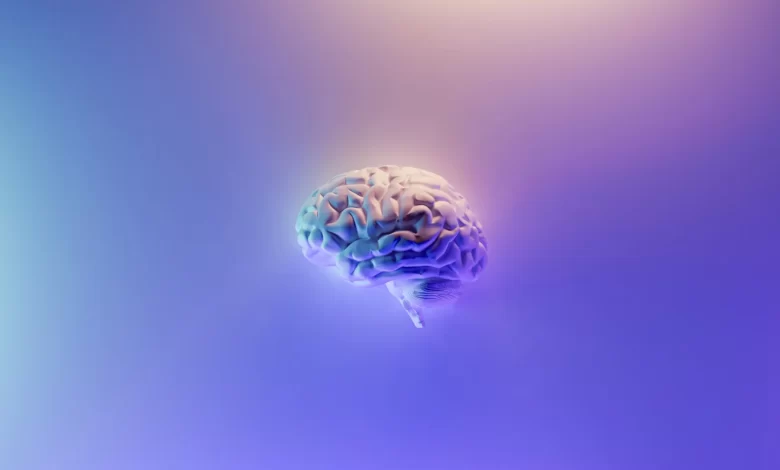
What Are The Steps To Take Following A Head Injury?
While you might think head injuries are rare, they’re more common than you think. According to statistics cited by the UKRI Medical Research Council, there were over 900,000 accident and emergency visits involving head injuries in 2022, and 1.3 million people experiencing disability due to head injury at any time.
Head injuries are among the most serious injuries that can occur. According to NHS Inform, serious head injuries need immediate medical attention, and even what can appear as minor head injuries like concussion can grow progressively worse.
Steps taken during the initial moments after a brain injury can make a huge difference to patient outcomes. To help you make the right calls if you’re ever in the position where you’re looking after a person with a head injury, here’s what you need to do.
Immediate care
Given that it can be impossible to know how hurt a head injury sufferer is, the first thing is to get the person medical attention, calling 999 or driving them to a hospital. If the person is unconscious, put them in the recover position and wait until paramedics arrive – moving them could harm them further.
Document the injury
However the injury occurred, it’s important to document what happened so that paramedics are fully in the know when treating their patient. Take photos, notes, and understand the context and timeline of the injury. All these details will help inform their care, and if the accident wasn’t the victim’s fault, the details you record could be hugely useful if they go on to make a brain injury claim to support their recovery.
If the injury happened at work, it’s also important that a report on the injury is files with the business so they can take steps to stop the injury from happening again. What’s more, if the business is liable, this will support any legal claims on the part of the victim.
Treatment
While it’s likely that paramedics and doctors will be able to provide the correct course of treatment for the head injury, if you feel that the victim isn’t getting the care they require, consider seeking a second opinion. Timely, effective treatment is crucial for reducing long-term damage, and can speed up eventual recovery.
Rehabilitation
Rehabilitation involves the affected individual learning to move past, and in many cases, live with, the effects of their head injury. Getting professional help from doctors and other healthcare professionals will provide the sufferer with exercises they can do to regain physical abilities they may have lost. And help from mental health experts may also be needed to work through psychological scars from the accident, such as flashbacks.
Head injuries can be dangerous. With the right actions though, you can ensure that people who have been affected have the best chance of recovery.







